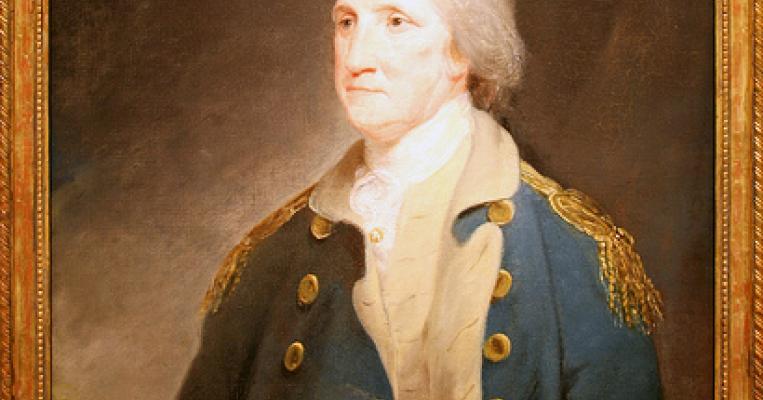George Washington’s Farewell Address (1796) and Abraham Lincoln’s second inaugural address (1865) are standard texts for any student of American history. C. Clifton Black, a professor of biblical theology at Princeton Theological Seminary, explores these speeches not to understand political philosophy but in a search for the theology, however unspoken, undergirding their authors’ perspectives. He finds Washington’s theology “predictably meager,” but Lincoln’s exploration of the nature of providence put to shame even the leading religious thinkers of his day.
In his farewell, Washington primarily reflected upon his decision to retire and warned the young nation to be wary of partisanship and sectionalism. Washington was politically wise, but he portrayed religion as nothing more than simple civic morality—for example, “Of all the dispositions and habits which lead to political prosperity, religion and morality are indispensable supports.” Black writes, “Theology—such as it is—does not so much inform and correct political theory as prop it up.” With only passing and superficial references to God in more than 6,000 words, the speech was nevertheless quite Christian in character, extolling Christian virtues such as humility and brotherly affection, and warning against cunning and ambition.
By the time Lincoln took to the stage to deliver his second inaugural address, the nation was riven by sectional conflict, much as Washington had feared. Lincoln, unlike Washington, didn’t shy away from theology, and instead framed the Civil War in “relentlessly theological terms.” By Black’s assessment, no fewer than 85 of the 700 words in the address are either direct biblical quotations or allusions to Scripture. Lincoln propounded what Black describes as “a radical monotheism that properly elicits both awe before the Almighty’s inscrutable purposes and compassion for the thousands who died in the sincere yet mistaken belief that God was on their side.” At the heart of Lincoln’s address is the acknowledgment that men on both sides “read the same Bible, and pray to the same God; and each invokes His aid against the other,” as the president put it. Only God’s eventual discretion would reveal which side he was on; why he allowed war to persist among God-fearing men was beyond human understanding.
Today Washington is often criticized for owning slaves, and Lincoln for suspending habeas corpus in wartime. Under the unrelenting scrutiny of our modern world, neither comes off scot free. But this would be no surprise to them, Black remarks. Central to both men’s understanding of the world was the fallibility of man—and they were no exception.

